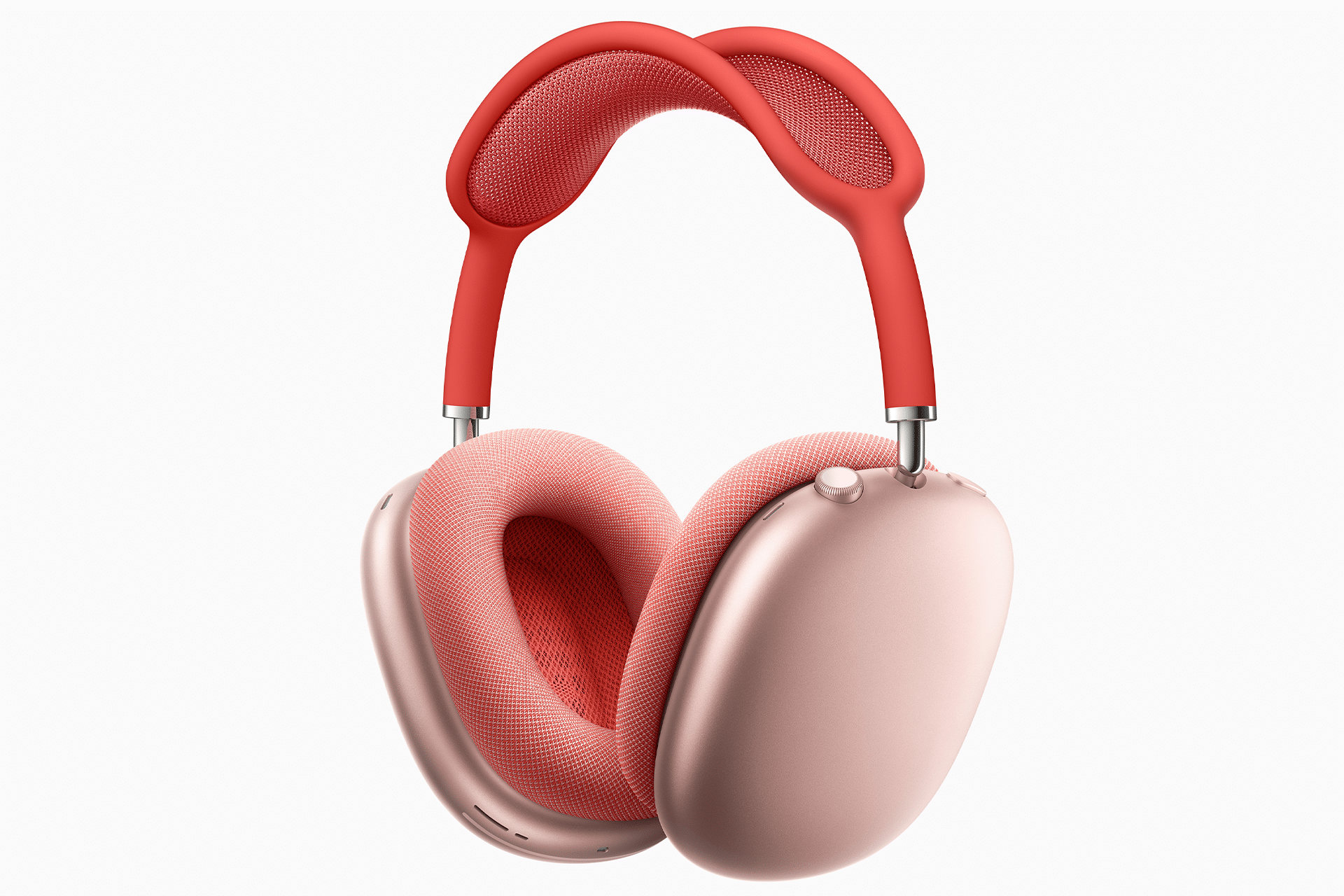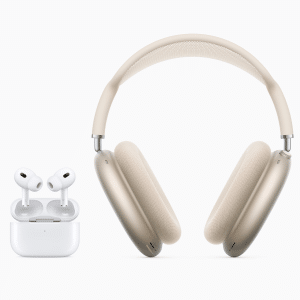One of the most consistent critiques of the original AirPods Max is their weight. At 386 grams, they are noticeably heavier than competitors like the Beats Studio Pro, which tip the scales at just 260 grams. According to analyst Ming-Chi Kuo, Apple is prioritizing a lighter design for the AirPods Max 2. While specific details on the weight reduction remain under wraps, this focus suggests a potential shift in materials or structural design to enhance comfort during extended use. For users who love the AirPods Max’s premium build—featuring brushed aluminum ear cups and a breathable mesh headband—a lighter frame could make them a go-to choice for long listening sessions, whether commuting, working, or traveling.
The weight reduction could also signal broader design tweaks. Apple may retain the iconic oval-shaped ear cups and stainless steel frame but refine the overall form to distribute weight more evenly. This would align with user demands for headphones that feel less cumbersome, especially compared to rivals like Sony’s WH-1000XM6, which weighs just 250 grams. A lighter AirPods Max 2 could elevate their portability, making them a stronger competitor in the premium headphone space.
A New Chip for Enhanced Performance
The current AirPods Max rely on Apple’s H1 chip, introduced in 2019, which powers features like active noise cancellation (ANC) and spatial audio. However, the H1 lags behind the H2 chip found in AirPods Pro 2 and AirPods 4, missing out on advanced capabilities like Adaptive Audio, which dynamically adjusts sound based on the environment. Rumors indicate that AirPods Max 2 will likely feature an H3 chip, expected to debut alongside AirPods Pro 3. This upgrade could unlock a suite of new features, including improved ANC, enhanced spatial audio with better head-tracking, and potentially longer battery life due to greater power efficiency.
The H3 chip could also enable health-focused features, a direction Apple has been exploring with its AirPods lineup. For instance, the Powerbeats Pro 2, launched in February 2025, introduced in-ear heart rate monitoring. Similar technology could make its way to AirPods Max 2, allowing users to track vital stats during workouts without an Apple Watch. This would position the headphones as more than just an audio device, appealing to fitness enthusiasts and health-conscious consumers.

Addressing the Case Conundrum
Another pain point for AirPods Max owners is the carrying case, often criticized for its minimal protection and awkward design. Unlike traditional headphone cases, the current “smart case” leaves the headband exposed and offers little safeguarding for the ear cups. A 2022 Apple patent, reported by Patently Apple, hints at a redesigned case for AirPods Max 2. This new design features a clasped model with a physical divider to prevent the ear cups from touching, using magnets for secure opening and closing. Such a case would fully encase the headphones, offering better protection for their premium build, especially for users who travel frequently or toss their headphones into a bag.
Potential for Smarter Controls
The AirPods Max’s control scheme, centered around a digital crown for volume and playback, has been a standout feature for its tactile precision. However, a separate patent suggests Apple is exploring touch-based controls for future models. While some users, as noted in discussions on platforms like Reddit, prefer the current physical controls, touch panels could offer more intuitive gestures, such as swiping for volume or tapping for noise cancellation modes. If implemented, these controls might also be glove-friendly, addressing usability in colder climates, as indicated by a February 2025 patent.
Why the Wait Until 2027?
The most surprising detail about AirPods Max 2 is the timeline. Ming-Chi Kuo’s recent report points to mass production in 2027, meaning a launch could be two years away. This extended wait has sparked debate among analysts. Some, like Mark Gurman of Bloomberg, previously suggested a 2025 release, but Apple’s focus on other products, such as AirPods Pro 3 and AirPods 4, may have shifted priorities. The 2024 USB-C refresh, which included new colors but no major hardware upgrades, suggests Apple is content to support the current model for now, especially with recent firmware updates adding lossless audio and ultra-low latency support.
The delay could also stem from strategic considerations. Apple’s AirPods Max sales have reportedly been lower than those of the AirPods Pro, prompting the company to allocate resources to higher-demand products. Additionally, developing a new chip, refining the design, and ensuring compatibility with Apple’s growing ecosystem—such as Vision Pro integration—may require extra time to meet the company’s exacting standards.
What This Means for Consumers
For those considering AirPods Max now, the current model remains a solid choice. Priced at $549, they offer exceptional audio quality, with crisp highs, rich bass, and immersive spatial audio that rivals top competitors. Recent software updates have kept them relevant, adding features like Conversation Awareness and Voice Isolation. However, with AirPods Max 2 not expected until 2027, buyers can feel confident purchasing the current model, knowing it will remain supported for years.
For audiophiles and Apple enthusiasts eagerly awaiting the next generation, the AirPods Max 2 promise to address key pain points—weight, chip performance, and case design—while potentially introducing health-tracking capabilities. The long wait may test patience, but Apple’s track record suggests the upgrades will be worth it, delivering a refined experience that blends cutting-edge audio with seamless integration into the Apple ecosystem.
Looking Ahead
As Apple continues to innovate across its AirPods lineup, the AirPods Max 2 represent an opportunity to reclaim leadership in the premium headphone market. By addressing user feedback and leveraging advancements like the H3 chip, Apple could deliver a product that not only competes with Sony and Bose but also sets a new standard for over-ear headphones. Until then, the current AirPods Max remain a compelling option for those seeking premium sound and style, with the promise of a lighter, smarter successor on the horizon.














